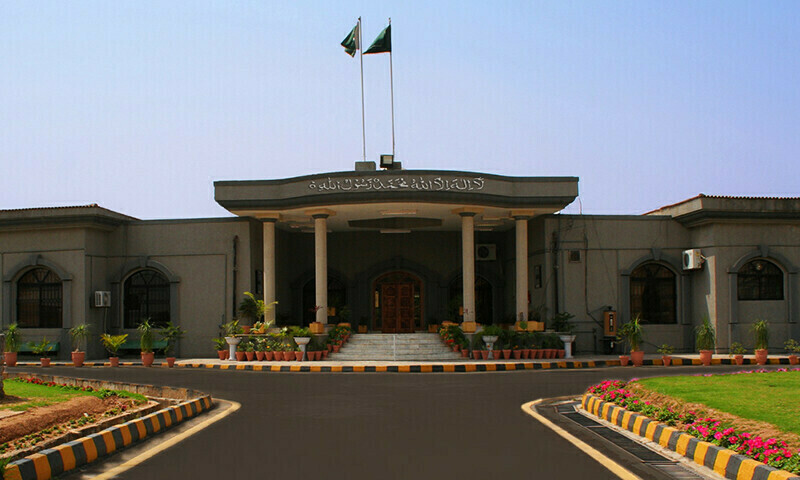ISLAMABAD: The Inter-Services Intelligence (ISI) has suggested that recent audio leaks involving politicians, judges, and their relatives could be the work of ordinary individuals or hackers.
The claim was presented in a report to the Islamabad High Court (IHC) through the Ministry of Defence during a hearing last week.

As per the report, there are accessible and inexpensive tools that enable audio recording from smartphones, available to anyone.
It also pointed out the presence of groups providing paid services to extract data from devices using various methods discreetly.
The report acknowledged the possibility that individuals might record each other’s conversations on speaker and later leak them.
It emphasized that advancements in Artificial Intelligence have produced tools capable of altering voices and modifying conversation content, allowing for effective mimicry.
Despite the extensive analysis, the ISI expressed its inability to trace the source of the leaks, citing encryption as a substantial obstacle.
The report mentioned that due to encrypted traffic, determining the source is technically implausible, and only social media platforms could provide relevant information.
The ISI’s report proposed that the Federal Investigation Agency’s (FIA) cybercrimes wing, designated under the Prevention of Electronic Crimes Act (PECA) for investigating cybercrimes, should take further action.
It suggested that Section 35 of PECA grants the power to access or demand information in a readable and comprehensive format from service providers, particularly social media platforms.
Additionally, the report recommended the court direct the FIA’s cybercrime wing to conduct a more in-depth investigation and gather additional information.
This report followed the IHC’s summons of the directors general of the FIA and the Intelligence Bureau (IB) in response to petitions filed by Bushra Bibi and Najam Saqib, seeking to halt investigations related to their leaked telephonic conversations.
The court expanded its involvement by including all mobile service providers and the top six fixed-line service providers in the case, requesting reports from them. It also sought a list from the Pakistan Telecommunication Authority (PTA) of all mobile and fixed-line operators.
Justice Babar Sattar further included the Pakistan Broadcasters Association (PBA) and the All Pakistan Newspaper Society (APNS) as necessary parties, given the extensive broadcast and reporting of illegally recorded voice calls across electronic and print media.


